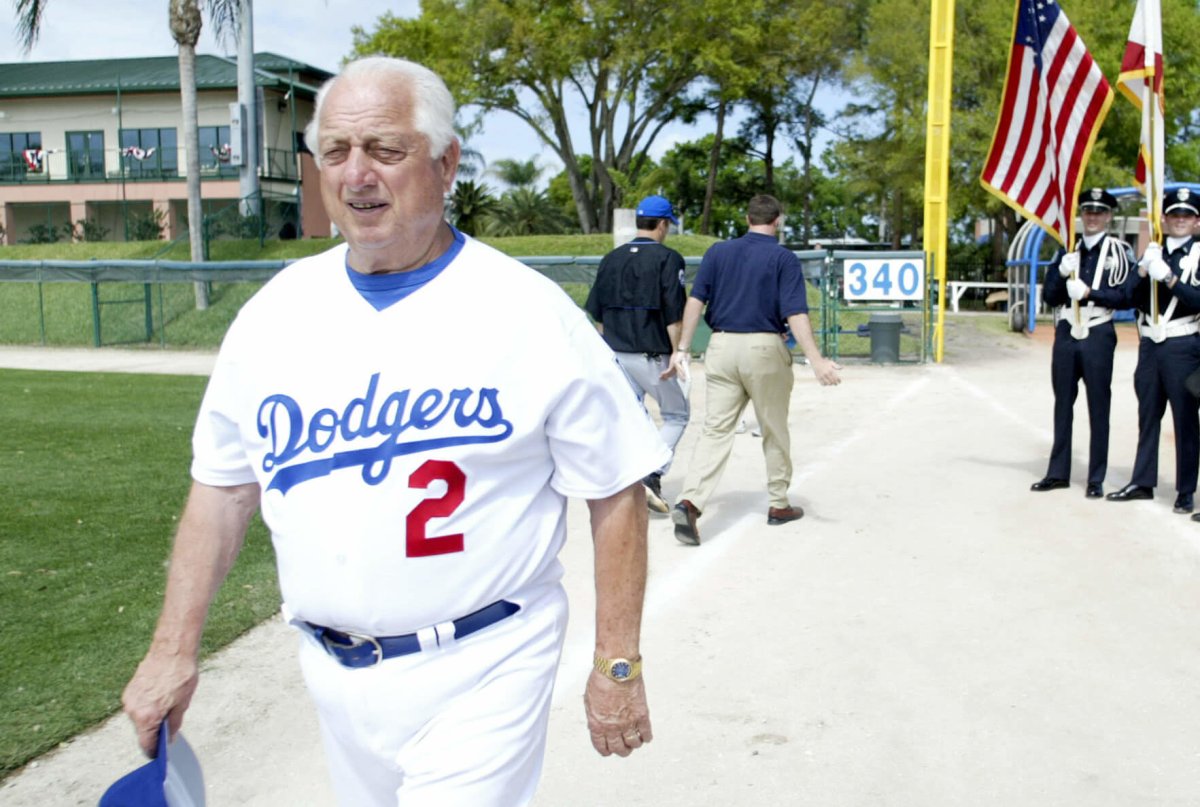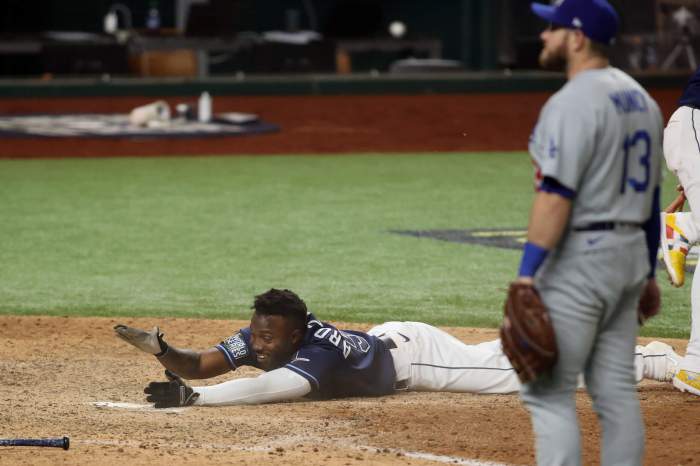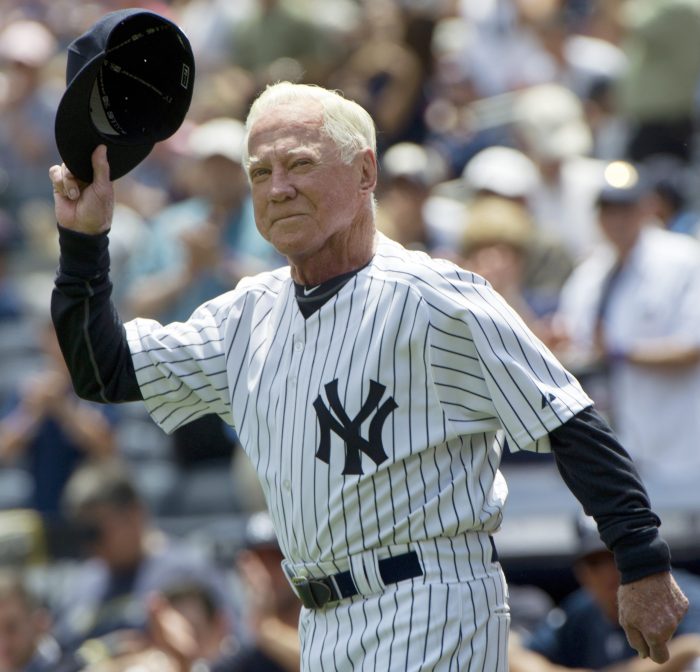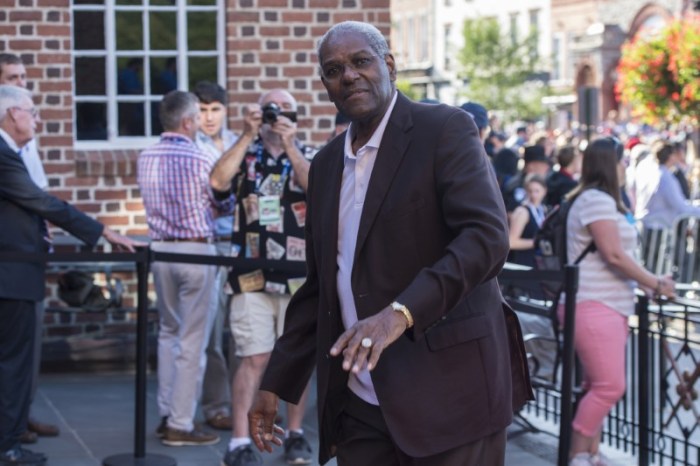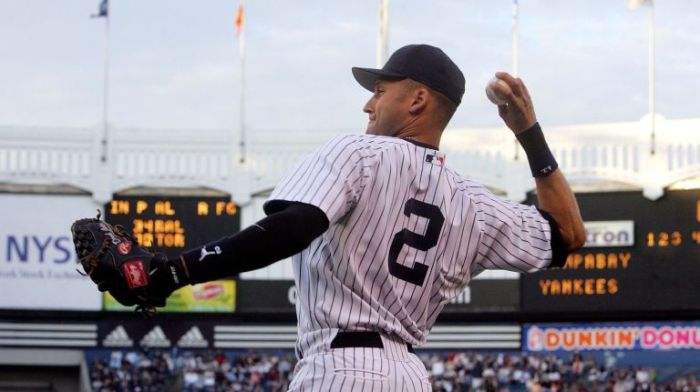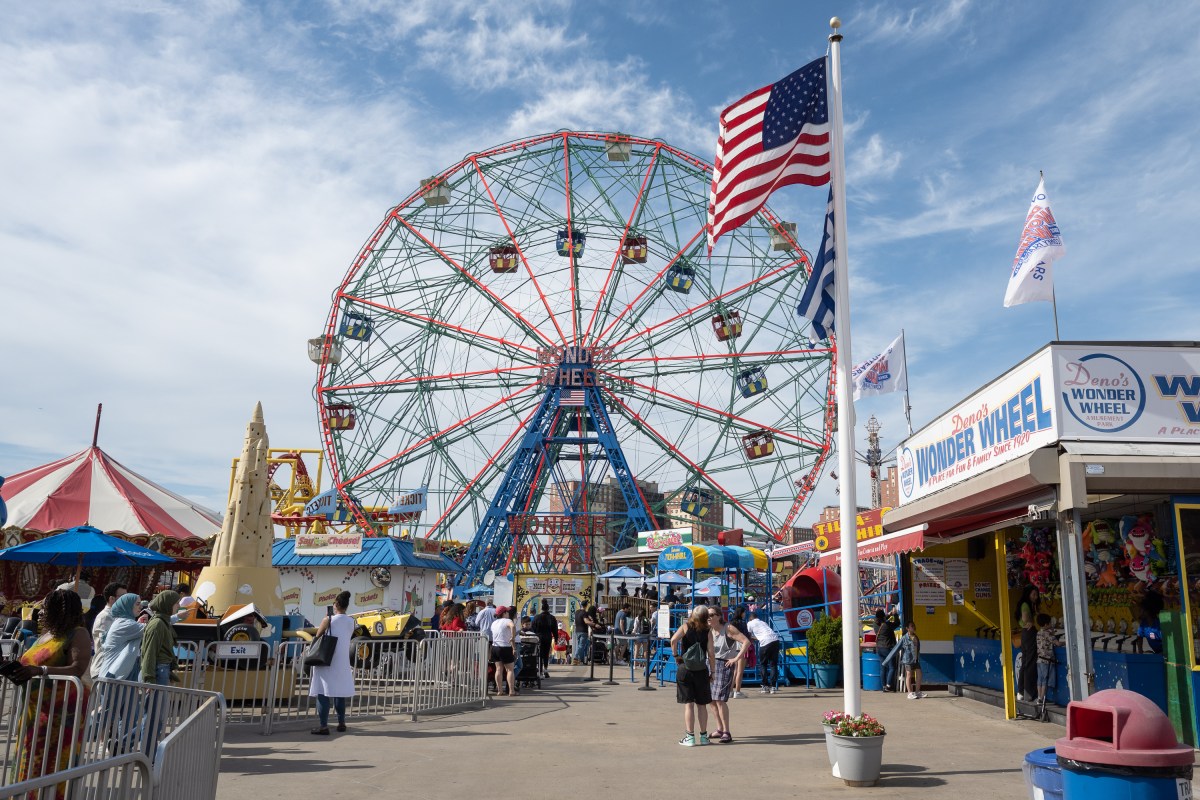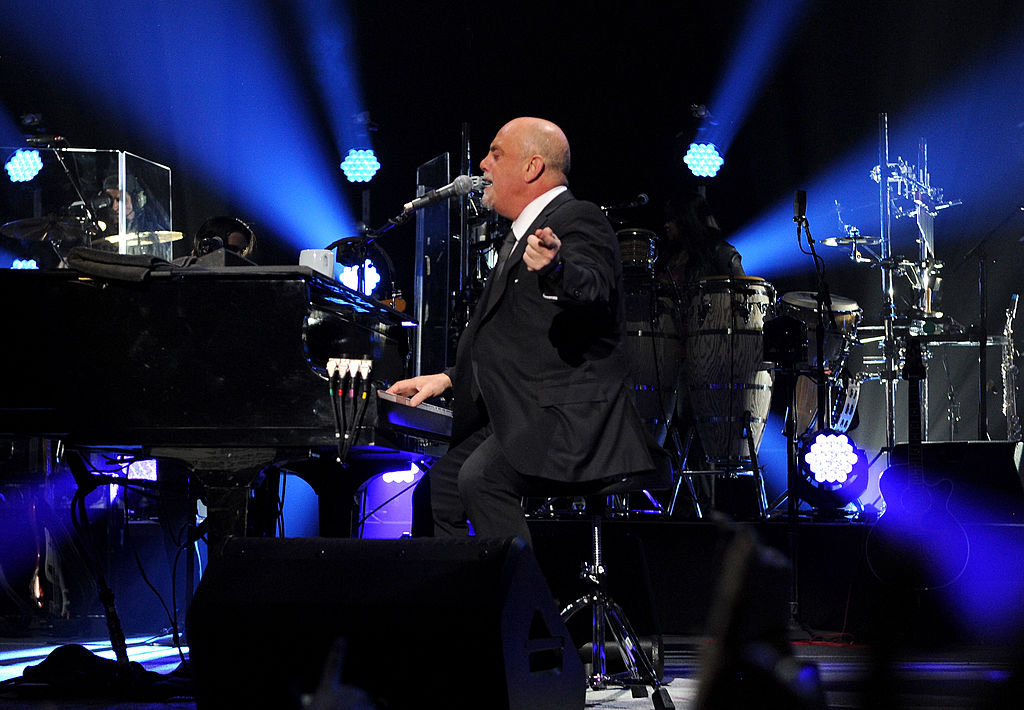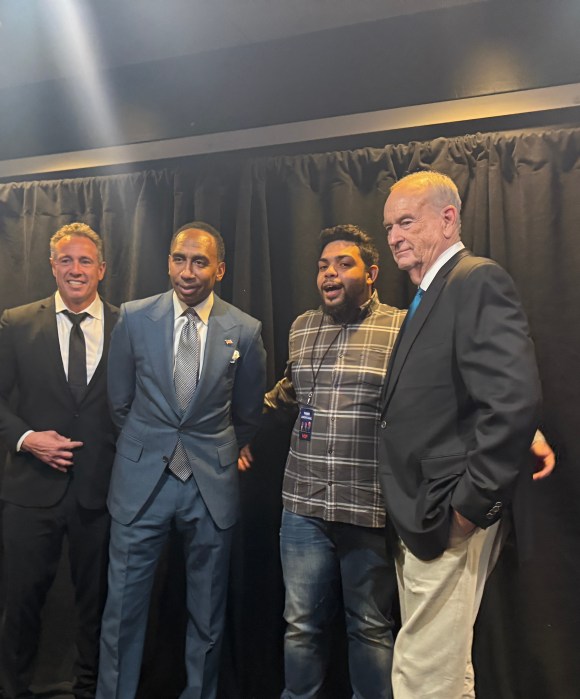Former Los Angeles Dodgers manager Tommy Lasorda, who began his major league career on the Ebbets Field mound in Brooklyn and eventually became one of baseball’s most engaging personalities and an ambassador for the sport, died Friday at the age of 93, the club announced.
Lasorda suffered a sudden cardiopulmonary arrest at his home late on Thursday and was taken to hospital where he was pronounced dead shortly after, the Dodgers said in a statement.
A native of Norristown, PA, Lasorda was first signed to a minor league contract by the Philadelphia Phillies in 1945 and would bounce around the minor leagues, as well as in professional leagues in the Caribbean, over the next nine seasons.
On Aug. 5, 1954, Lasorda finally got his big league break, taking the mound for the Brooklyn Dodgers, coming out of the Ebbets Field bullpen. He came on in relief in a 13-4 blowout loss to the St. Louis Cardinals, pitching 3 innings and giving up 3 runs while striking out one and giving up a home run.
During that same 1954 campaign, Lasorda wound up being sent back to the minors to make room for a young left-handed starting pitcher named Sandy Koufax.
Lasorda continued to pitch for the Dodgers up until May 5, 1955, when he had a disastrous start against the Cardinals and was demoted to the minors immediately after the game. The Dodgers would go on to win the World Series that October, their first and only championship in Brooklyn; Lasorda never pitched in the series, but the club gifted him a World Series ring.
The Dodgers sold his contract to the then-Kansas City Athletics during the 1956 season, and Lasorda would continue pitching for various major and minor league teams until 1960. He then rejoined the now-Los Angeles Dodgers in 1961 as a scout, beginning a six-decade association with the club for which he famously said he bled “Dodger blue.”
After four years as a scout, the Dodgers gave Lasorda his first crack at managing in their farm system, and he didn’t disappoint. He led the Ogden Dodgers of the Pioneer League to three championships between 1966 and 1968, then got bumped up to be manager of the Dodgers’ Triple-A affiliate, which played three seasons in Spokane, WA before relocating to Albuquerque, NM.
Lasorda led the Dodgers’ Albuquerque Dukes to the 1972 Pacific Coast League championship, and the following season, he was back in the big league with the Dodgers, serving as the third-base coach for long-time manager Walter Alston.
Following the 1976 season, Alston retired and handed over the reins to Lasorda, who would guide the Dodgers over the next 20 seasons and become one of the most lovable, colorful personalities in the game.
During his managerial career, Lasorda became a household name not just for his on-field contributions. He made numerous cameos on in film and television, and was a spokesperson for Slim-Fast weight loss products.
Lasorda led the Dodgers to the National League pennant in his first two seasons (1977 and 1978), but lost to the New York Yankees in the World Series both times. The Dodgers and Yankees met once more in 1981, and the third time turned out to be the charm for Lasorda — as Los Angeles defeated the Bronx Bombers 4 games to 2 to win him his first world championship.
Between 1977 and 1996, the Dodgers won 1,599 games, four National League pennants (1977, 1978, 1981 and 1988) and two world championships (1981 and 1988). He was twice named the National League Manager of the Year, and would be inducted into the Hall of Fame in 1997.
The Dodgers’ remarkable 1988 triumph came at the expense of the New York Mets, who had beaten them 11 out of 12 games during the regular season. But Lasorda’s Dodgers turned the tables in the 1988 National League Championship Series, stunning the Mets 4 games to 3.
Then Lasorda made one of the greatest gambles in World Series history during the first game against the Oakland Athletics — sending up injured slugger Kirk Gibson, with the Dodgers down a run with a runner on and two out in the ninth inning, to swing for the fences.
Gibson promptly hit the game-winning, two-run walkoff home run — famously limping around the bases and pumping his fist along the way. That hit, Gibson’s only appearance in the series, propelled the Dodgers to victory over the Athletics, 4 games to 1.
Lasorda would remain with the Dodgers as their manager until June 1996, when a heart attack forced him into retirement. Four years later, however, he was back managing a championship baseball team — leading the United States Olympic club to a gold medal at the 2000 Sydney games.
Following his managerial retirement, he remained with the Dodgers in various front office capacities, including a brief stint as their general manager, and as a public ambassador for the club.
Lasorda is survived by his wife of 70 years, Jo, as well as their daughter Laura and grandfather Emily Tess.
With reporting by Reuters.



